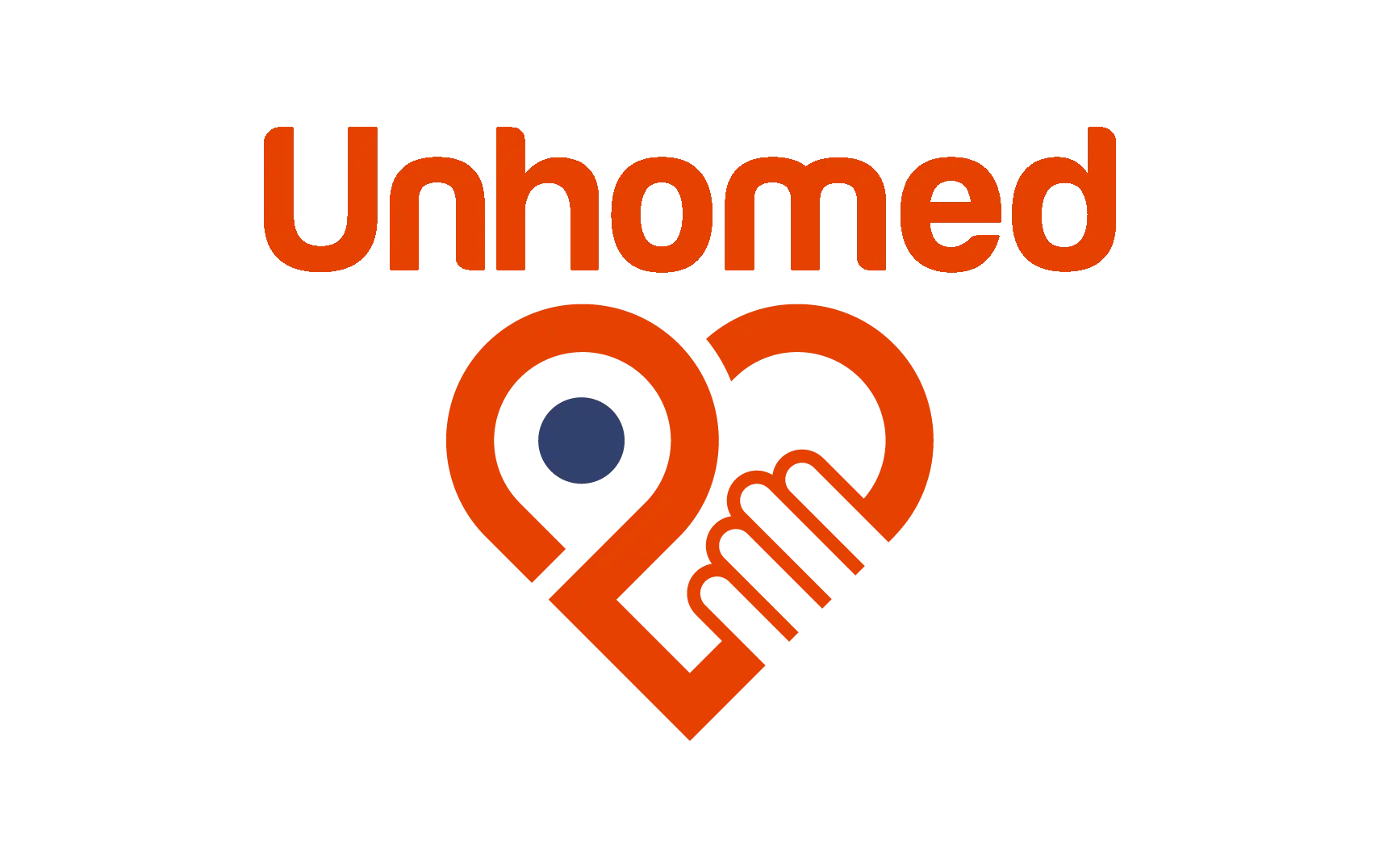Homeless Bill of Rights
Description
"Title: Understanding the Homeless Bill of Rights
Definition: The Homeless Bill of Rights is legislation adopted by some jurisdictions designed to protect the rights and dignity of homeless individuals. This includes the right to freely roam public spaces, sleep outdoors, and be treated equally by city agencies. The law's primary aim is to prevent the discrimination and criminalization of homelessness.
Description: Enshrined within the context of human rights and social justice, the Homeless Bill of Rights is a landmark set of laws that acknowledge and affirm the fundamental rights and freedoms of homeless individuals. Guided by principles of non-discrimination, protection, and equality before the law, it addresses pressing concerns related to homelessness, such as privacy, personal safety, and access to basic needs like food and health care. The Bill safeguards homeless individuals from ordinances that criminalize life-sustaining activities like sleeping or eating in public spaces, which are often the only available options for people without homes.
Objectives:
- To safeguard homeless individuals from laws and regulations that unfairly target and criminalize them solely based on their homeless status
- To uphold and promote the fundamental human rights of homeless people
- To prevent harassment and discrimination of homeless individuals by city agencies
- To create safer, more inclusive communities that recognize and respect the rights of all its members, including the homeless
Mechanisms:
- Legislation that explicitly protects the rights of the homeless
- Provision forbidding city agencies and officials from discriminating against homeless individuals
- Regulations that decriminalize sleeping, eating, or performing other life-sustaining activities in public spaces
Benefits:
- Provides legal protection for homeless individuals against discrimination
- Contributes to more inclusive and safer communities
- Promotes a more humane approach to dealing with homelessness
- Reduces the rate of criminalization of homeless individuals
Challenges:
- Potential resistance from local communities and businesses
- Enforcement and monitoring of the legislation can be complex
- Different jurisdictions have varying interpretations and applications of the law
- Requires sensitization and training for law enforcement official
Examples:
1. The City of Rhode Island passed the first Homeless Bill of Rights in the United States in 2012, banning discrimination against homeless individuals and affirming their rights.
2. Illinois adopted the Bill in 2015, further expanding upon the rights protected, including availability of emergency medical care.
Further Reading:
1. National Coalition for the Homeless' "Homeless Bill of Rights" page (http://nationalhomeless.org/campaigns/bill-of-right/)
2. Yale Law Journal's comprehensive article about the Homeless Bill of Rights (https://www.yalelawjournal.org/note/a-homeless-bill-of-rights-revolution)"



